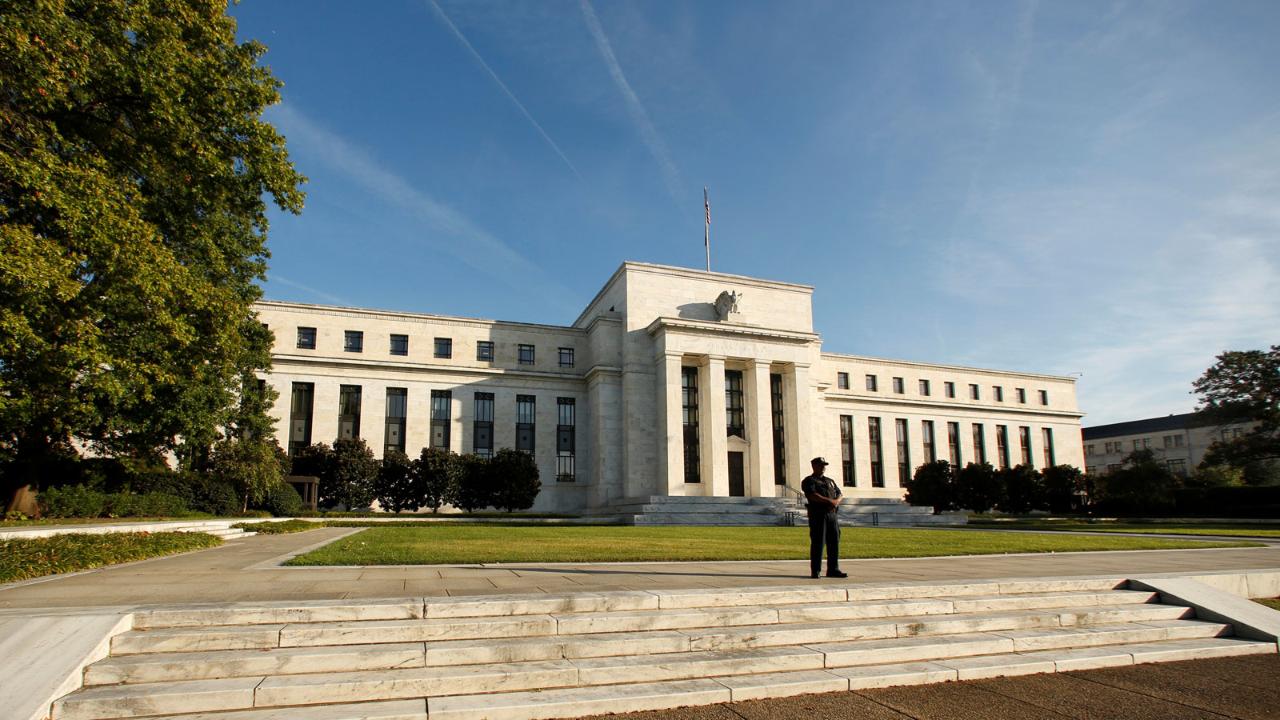Mnuchin asked about options to raising rates
President Trump has gone on record voicing his concerns that the Fed’s series of interest rate hikes will impact the economy.
With the possibility of another rate hike looming in December, the Trump administration is looking for options other than raising rates to keep the economy from overheating.
Treasury Secretary Steven Mnuchin privately asked bond dealers and investors in October whether they want the Federal Reserve to tighten monetary policy by raising interest rates or through faster cuts in its securities portfolio, according to Bloomberg.
For his part, Mnuchin has refrained from commenting on monetary policy, citing the importance of the Fed’s independence.
One of the people familiar with the situation said that Mnuchin asked about the two options out of curiosity of what bond market participants thought.
The committee was split in response, two of the people said.
Mnuchin raised the question during a regularly scheduled quarterly meeting with the Treasury Borrowing Advisory Committee, or TBAC, which includes representatives from investment funds and banks. Its members include executives from Goldman Sachs Group, Citadel LLC and JPMorgan Chase & Co.
Trump has broken with decades of precedent by commenting on Fed policy with repeated attacks on the central bank’s rate increases. He has also recently blamed Mnuchin for recommending Jerome Powell for the job of Federal Reserve Chairman, two people familiar with the president’s thinking told Bloomberg.
On Monday, Trump told the Wall Street Journal that “the Fed right now is a much bigger problem than China,” which is locked in a trade war with the U.S. He also seemed to widen his criticism of the Fed to include its ongoing balance-sheet reduction. “I don’t like what they’re doing,” the president said. “I don’t like the $50 billion.”
The Fed is currently reducing the bond holdings on its $4.1 trillion balance sheet by a maximum of $50 billion per month -- $30 billion of Treasuries and $20 billion of government agency debt and mortgage-backed securities. By selling bonds the Fed adds to the overall supply of debt securities, which has the effect of lowering their prices and, thus, raising interest rates.
Powell, whom Mnuchin meets regularly to discuss economic issues, has described gradual rate increases as an effort to strike a balance between tightening credit too much, thus triggering a recession, and not enough, subsequently spurring inflation and asset-price bubbles.
Powell himself laid out a scenario earlier this month for a pause in the rate hiking campaign sometime next year by highlighting potential headwinds to the U.S. economy.
The Fed in October 2017 began its program to methodically shrink its balance sheet by allowing some of the bonds it holds to mature without reinvesting the proceeds. It started off small, with bond drawdowns initially limited to $10 billion per month, and then gradually raised that to the current $50 billion maximum.
Powell told reporters in June that the program was “proceeding smoothly” and evinced little desire to change it. The balance sheet has shrunk $354 billion since the plan began.
The chairman will deliver a speech on Wednesday to the Economic Club of New York.




















